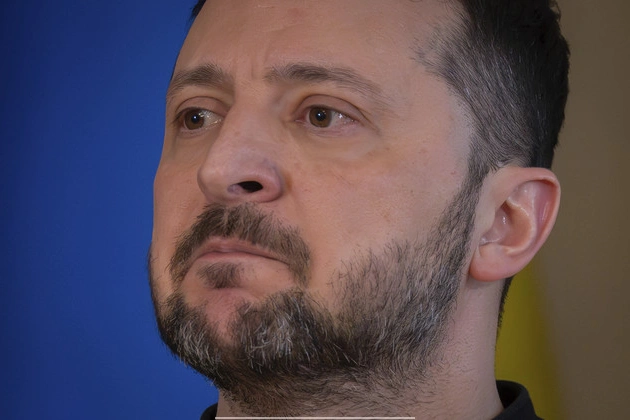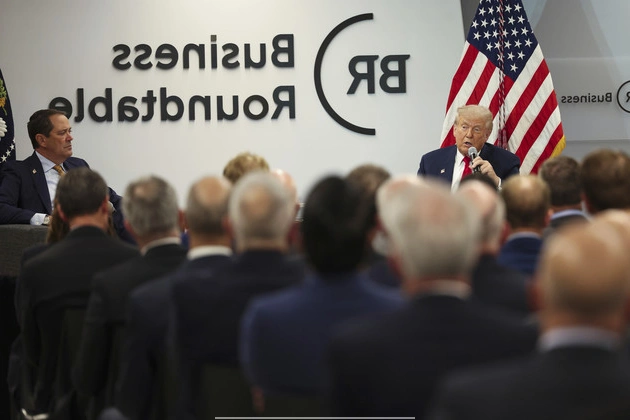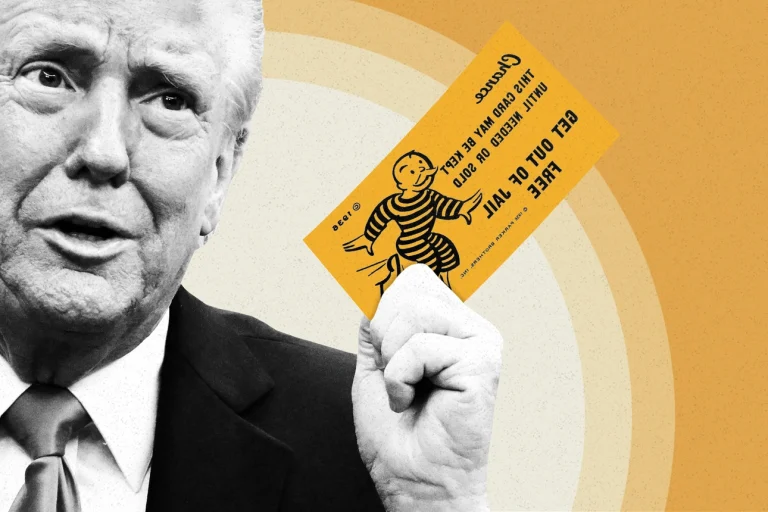
As the Biden administration neared its conclusion, a team of officials meticulously reviewed numerous clemency requests, deliberating on who should be part of a groundbreaking act of mercy.
Unexpectedly, President Joe Biden diverged from the plan and granted a pardon to his son, Hunter, ahead of others.
This surprise move by the president has caused a split within the Democratic Party, disrupting what was supposed to be a systematic clemency process aimed at garnering widespread appreciation for Biden as he exits office.
Instead of generating the intended wave of support, Biden’s mass clemency gesture is now viewed by allies and advocates of criminal justice as somewhat of a consolation prize. While Democrats praised the nearly 1,500 commutations and 39 pardons, they also cautioned that the White House still has more to do to meet the expectations of a criminal justice movement eager for equitable treatment for all, not just the president’s son.
Rep. Pramila Jayapal (D-Wash.) remarked, “The White House and the president are aware that a substantial list of pardons was necessary. We are anticipating the next round of pardons.”
The recent commutation announcement only applied to individuals already released from prison and who had served a minimum of one year under home confinement, excluding a significant number of convicted individuals. The majority of recipients were men, with ages ranging from 25 to 89, as per a POLITICO analysis.
In his statement regarding the pardons, Biden emphasized that all recipients had demonstrated successful rehabilitation and a commitment to strengthening their communities.
The beneficiaries included military veterans, educators, healthcare professionals, and community volunteers convicted of nonviolent offenses, such as 79-year-old Air Force veteran James Stidd and 57-year-old licensed nurse Mireya Walmsley, who contributed to natural disaster response and the Covid vaccination effort.
This announcement marked the most substantial single-day clemency grant in recent history. However, for Democrats and advocates who intensified their clemency efforts following Hunter Biden’s pardon, it only served to increase their expectations.
Weldon Angelos, whose 55-year sentence for a marijuana-related conviction was overturned by then-President Donald Trump, expressed, “I am pleased for those under home confinement, but individuals in prisons facing severe health risks should be prioritized, especially those incarcerated for marijuana offenses.”
The timing of the decision has sparked discussions within the White House and on Capitol Hill about whether the administration expedited its actions in response to the backlash over Hunter Biden’s pardon.
Advocates and lawmakers are now focused on other groups they believe Biden can assist before his term concludes. Efforts began months before the pardon of Hunter Biden, with clemency advocates engaging with officials from the White House Counsel’s office and the Domestic Policy Council to advocate for specific groups in need of presidential clemency.
Lawmakers also championed the cause of individuals they deemed unjustly imprisoned, persistently raising the issue with White House officials. Sen. Brian Schatz (D-Hawaii) disclosed multiple conversations with the White House about clemency for Native American activist Leonard Peltier.
Furthermore, nearly three dozen Democrats have joined forces to push for a pardon for environmental lawyer Steven Donziger, known for his legal battle against oil giant Chevron.
Rep. Jim McGovern (D-Mass.), leading the pardon campaign for Donziger, likened the Biden-era clemency process to the Wizard of Oz, expressing uncertainty about its operations. He has relentlessly engaged with various administration officials in the hope of influencing their decisions.
Unlike past presidents who typically issued significant pardons at the end of their term, Biden’s decision-making process unfolded differently. By September, the Office of the Pardon Attorney had reviewed thousands of cases, some awaiting final decisions when the president issued the sweeping pardon to preempt Hunter’s sentencing.
This move transformed what was a discreet clemency campaign into a public advocacy effort to leverage Hunter’s situation for broader reconsideration of clemency cases. Advocates intensified their efforts, urging the president to grant relief to death row inmates and nonviolent offenders before leaving office.
Rep. McGovern noted, “Many members called for a more extensive pardoning, especially after the pardon of Hunter Biden. Today’s actions may be a step in that direction, but more remains to be done.”
The White House chose not to comment on its decision-making process.
Advocates stress the need for commutations for individuals serving long sentences and relief for death row inmates, areas they believe Biden should focus on next. This includes those serving outdated sentences predating 1987 and those imprisoned under the crack-cocaine sentencing disparity.
Additionally, there are appeals for Biden to clear federal death row before the end of his term, preempting potential actions by the incoming administration that has expressed support for resuming federal executions.
Rep. Ayanna Pressley (D-Mass.) highlighted the urgency of actions before January, anticipating procedural obstacles from a hostile administration. The White House has not ruled out preemptive pardons for individuals targeted for prosecution by the previous administration.
Press Secretary Karine Jean-Pierre mentioned ongoing review of clemency petitions, hinting at more announcements without specifying a timeline.
These decisions will significantly shape Biden’s legacy in criminal justice, with advocates and allies underscoring the need for substantial changes. While Biden promised transformative reforms in the criminal justice system during his campaign, his achievements thus far have been modest. Utilizing his pardon power effectively may be the most impactful way for Biden to leave a lasting mark.
“We have advocated for a comprehensive list, including individuals on death row,” Jayapal remarked. “Although this is a positive step with a significant list, there is still more room for action compared to previous administrations.”















